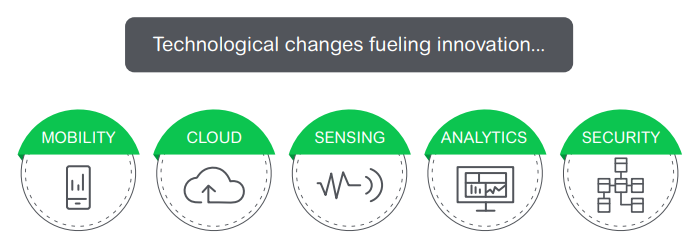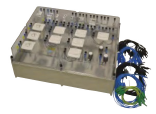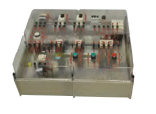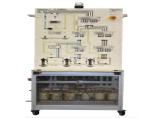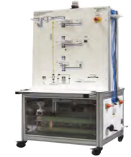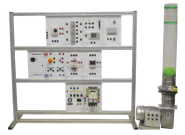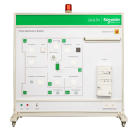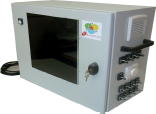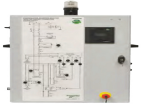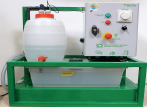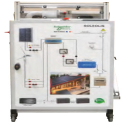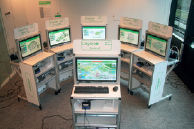Schneider Electric
Schneider Electric, the global specialist in energy management and automation, has always been committed to support training in electricity, automation and energy management. As early as in 1929, Schneider Electric founded its own school Paul-Louis Merlin in Grenoble, to provide Technical Education to alleviate the shortage of skilled labor in the energy industry and help combat unemployment.
Today, their educational activity, from initial training through to ongoing professional development, they support men and women as they prepare to manage their futures.
Schneider Electric is committed to energy transition, a process which is driving our economic growth. To bring about this change, we need not only to increase the use of renewable energies, but also to manage our energy requirements more efficiently. The digitization of consumption data and production methods will help us redress the balance between consumption and sustainable development, between comfort and efficiency. New technologies already exist, but they will only ever be successful if we prepare our young people to engage with the solutions of tomorrow. These are the people at the heart of energy transition; our future professionals who will have to juggle multiple technologies: communications, energy efficiency, home automation, renewable energy and smart grids. Therefore, Schneider Electric supports the world of education in facing these new challenges. Each year Schneider Electric trains more than 800 teachers and trainers through regional technical training courses. Now more online resources have been integrated into teaching programs and materials. Rather than being a strictly linear process, learning today should also involve a commitment from students to invest in their education in a more tailored approach. This is Schneider Electric's commitment - to support you throughout these changes and achieve a successful transition.
Education, skills, and resourcefulness of people are critical to sustain economic and social development. The megatrends of urbanization, digitization and industrialization is provoking the rise in energy demand leading to job creation. The current technology disruption caused by IoT, Industry 4.0 enabled by technology developments in mobility, cloud, sensing, analytics and security, creates the need for highly skilled human capital to innovate, operate and maintain this technology in the new environment.
